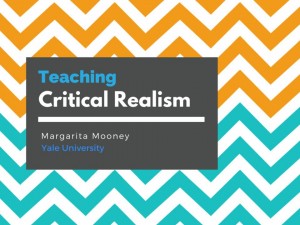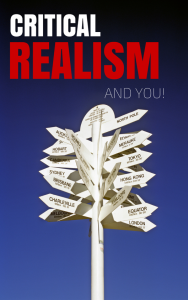
Last week, I organized a panel at the Association for the Sociology of Religion to discuss Susan Crawford Sullivan‘s new book Living Faith: Everyday Religion and Mothers in Poverty?, University of Chicago Press, 2011). Here are my brief comments.
“Jamila. Age 28, Black, single. Two children ages 5 and 7 months. Raised Catholic (graduated from Catholic school); now attends Mass occasionally with her mother. Sends her daughter to Mass every week with her mother. On welfare, living in a family shelter.
Lenora, age 22. Hispanic. Single. One child almost two years old. Occasionally attends an evangelical church. On welfare; living in a family shelter.
Peggy. Aged 43. White. Divorced. Two children ages 5 and 15. Devout Evangelical who stopped her previously frequent church attendance when she got divorced. On welfare.” (Appendix A, pp. 227-229, Living Faith).
What images come to mind when you here these profiles, the profiles of 3 of the approximately 50 poor mothers Sullivan interviewed for her book Living Faith: Everyday Religion and Mothers in Poverty?”
Whatever image came to your mind, I assure you that you will have a very different image of mothers in poverty, and of their deep prayer lives, after you read this book. Among the many reasons I liked this book, perhaps the most important one is that Sullivan presents her interviewees with all the drama of their very difficult lives, and all their hope and faith for a better life to come. She presents their deep trust that “God has a plan”, their strong sense of personal sinfulness and desire to be better, alongside stories of their social isolation from most types of social groups and the particular stigma they often feel from many members and leaders of organized religion.
In presenting the struggles, faith and resilience of extremely poor mothers, Sullivan presents her interviewees in their full humanity and dignity, an important starting point for both social theory and public policy.

I first met Susan at a conference in 2009, where I presented findings from my book telling very similar narratives of hope in the midst of life-threatening trials and extreme poverty among Haitian immigrants. We then exchanged numerous emails and helped each other discover deeper insights from our work, in particular about religion and resilience among the poor. I encourage you to read every word of her new book, even the full list of bios of her interviewees in the appendix.
Her book, although just published, has already been awarded the best new book prize from the Sociology of Religion Section of the American Sociological Association. I’m sure our recent author-meets-crtiics panel at the Association for the Sociology of Religion and Susan’s well-deserved award represent the start of much discussion about this important book.














